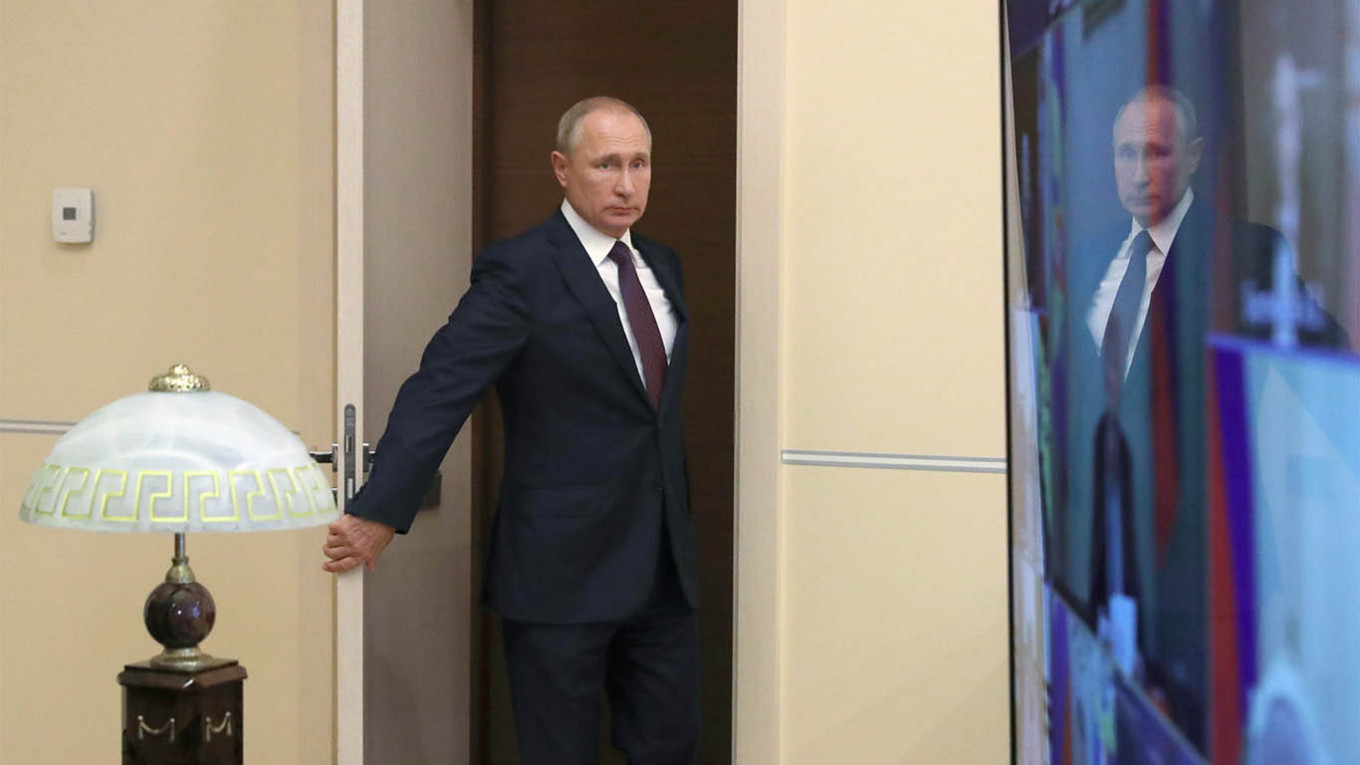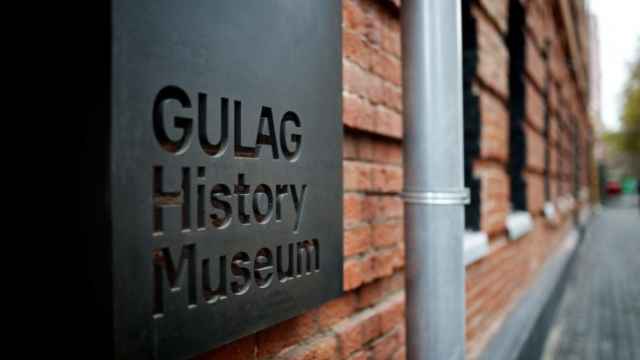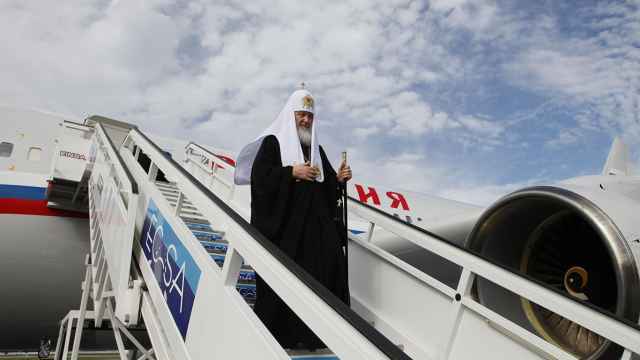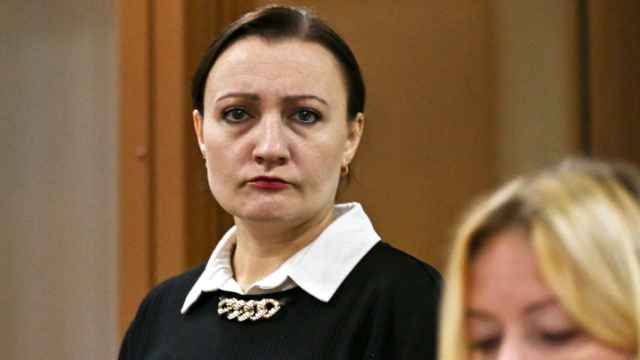Russian President Vladimir Putin maintains a much lower level of global trust than his Western counterparts, according to a Pew Research Center poll published Monday.
A median of 22% of respondents in 17 advanced economies including the United States said they have confidence in Putin “to do the right thing regarding world affairs,” Pew said. This year’s results mark a drop of one percentage point from 2020.
Conversely, 29% of respondents said they have “not too much confidence” while 45% have no confidence at all in the Russian president on the global stage, according to the pollster.
"Negative views of [Putin] are at or near historic highs in most places," the Pew Research Center said.
Putin and Chinese leader Xi Jinping, whose global confidence is even lower at a median of 20%, now hold historically low favorability gaps with German Chancellor Angela Merkel (76%) and French President Emmanuel Macron (61%).
U.S. President Joe Biden (74%) in his first year in office immediately overshot his predecessor Donald Trump, who saw even lower global confidence than Putin during his tenure.
Pew said that younger respondents in at least 12 countries including the U.S. were more likely to express confidence in Putin than their older counterparts.
“These age-related patterns have often been prevalent in views of Putin. And when it comes to opinion about Russia more generally, younger adults also tend to have more favorable views of the country than older people,” Pew said.
It added that men in some countries as well as those with less education in half the countries have more confidence in Putin than do women or those with at least a postsecondary degree.
Supporters of European populist parties on both the left and the right are also more likely to have confidence in Putin than non-supporters, while in the U.S. Republicans are more likely to do so than Democrats.
“More broadly, in some countries people who identify themselves as ideologically right-leaning are more likely than those on the left to have confidence in Putin,” Pew said.
Pew conducted the phone survey among 16,254 adults in 16 countries from March 12-May 26, and online among 2,596 U.S. adults from Feb. 1-7.
A Message from The Moscow Times:
Dear readers,
We are facing unprecedented challenges. Russia's Prosecutor General's Office has designated The Moscow Times as an "undesirable" organization, criminalizing our work and putting our staff at risk of prosecution. This follows our earlier unjust labeling as a "foreign agent."
These actions are direct attempts to silence independent journalism in Russia. The authorities claim our work "discredits the decisions of the Russian leadership." We see things differently: we strive to provide accurate, unbiased reporting on Russia.
We, the journalists of The Moscow Times, refuse to be silenced. But to continue our work, we need your help.
Your support, no matter how small, makes a world of difference. If you can, please support us monthly starting from just $2. It's quick to set up, and every contribution makes a significant impact.
By supporting The Moscow Times, you're defending open, independent journalism in the face of repression. Thank you for standing with us.
Remind me later.






